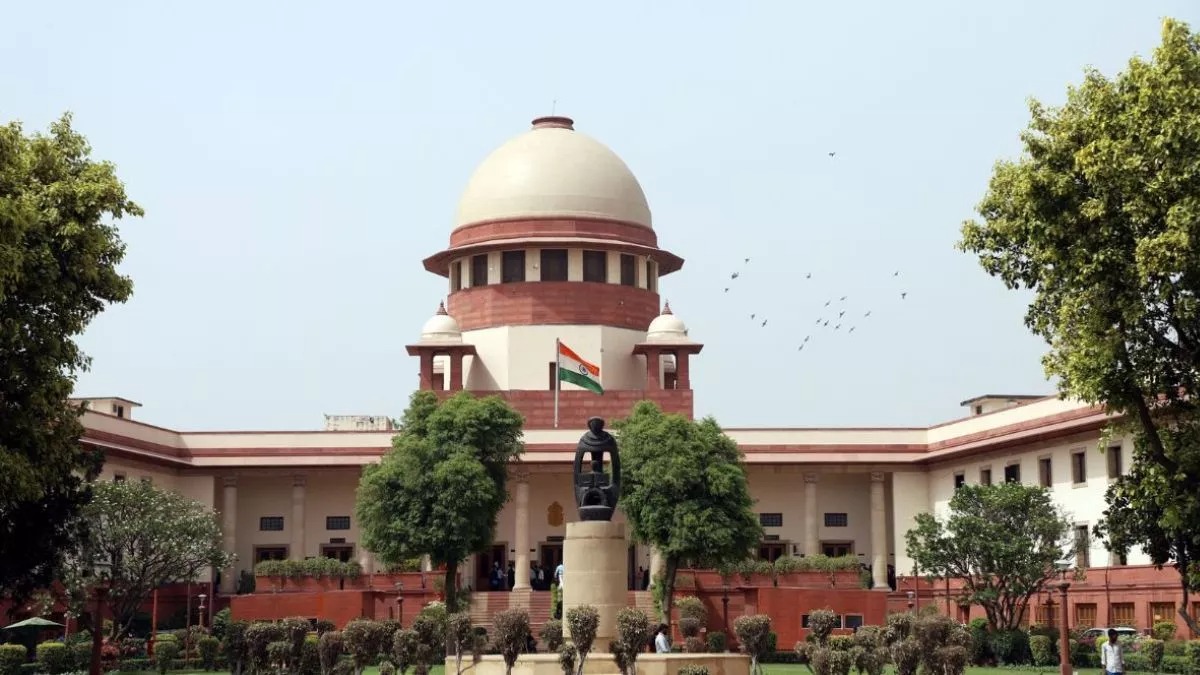
On Monday, the Supreme Court will hear a PIL challenging two orders issued by the Election Commission. This petition challenges the Election Commission's decision to increase the number of voters at every polling station in every constituency in India. This PIL has been filed in the apex court by Indu Prakash Singh.
Actually, two notifications were issued by the Election Commission in August 2024. According to this order, the number of voters at every polling station in the country was increased from 1200 to 1500. A PIL has been filed in the Supreme Court to challenge this order.
This was said in the petition
Indu Prakash Singh's lawyer Abhishek Singhvi said about this PIL that by increasing the number of voters from 1200 to 1500 at each polling station, there is a possibility of participation of deprived communities in voting. This is because when the number of voters at any booth is high, voting will take more time. At the same time, Singhvi further said that long queues and waiting at the polling station can create problems for the voters.
The bench said this
On the petitioner's argument, the bench said that the Election Commission wants more and more people to vote and the use of EVMs saves time. The Commission is trying to use more EVMs to reduce the voting time.
will have an impact on the upcoming elections
The petition states that the Election Commission's decision will impact voters during the assembly elections in Bihar and Delhi next year. Senior advocate Abhishek Singhvi says that it takes 1 second to cast a vote and hence 490 to 660 people can cast their vote in a day at a polling station with one EVM. Considering the average polling percentage to be 65.70 percent, it can be estimated that about 650 voters come to a polling station prepared to accept 1,000 voters.
The PIL also said that there are booths in the country where voter turnout is between 85-90 per cent. In such a situation, about 20 per cent of voters will either stand in queues after polling hours or will skip exercising their franchise due to the long wait. Neither of these is acceptable in a progressive republic or democracy.
Read More: The world expects leadership from India, humans cannot be sacrificed for technology - Mohan Bhagwat
--Advertisement--

 Share
Share



